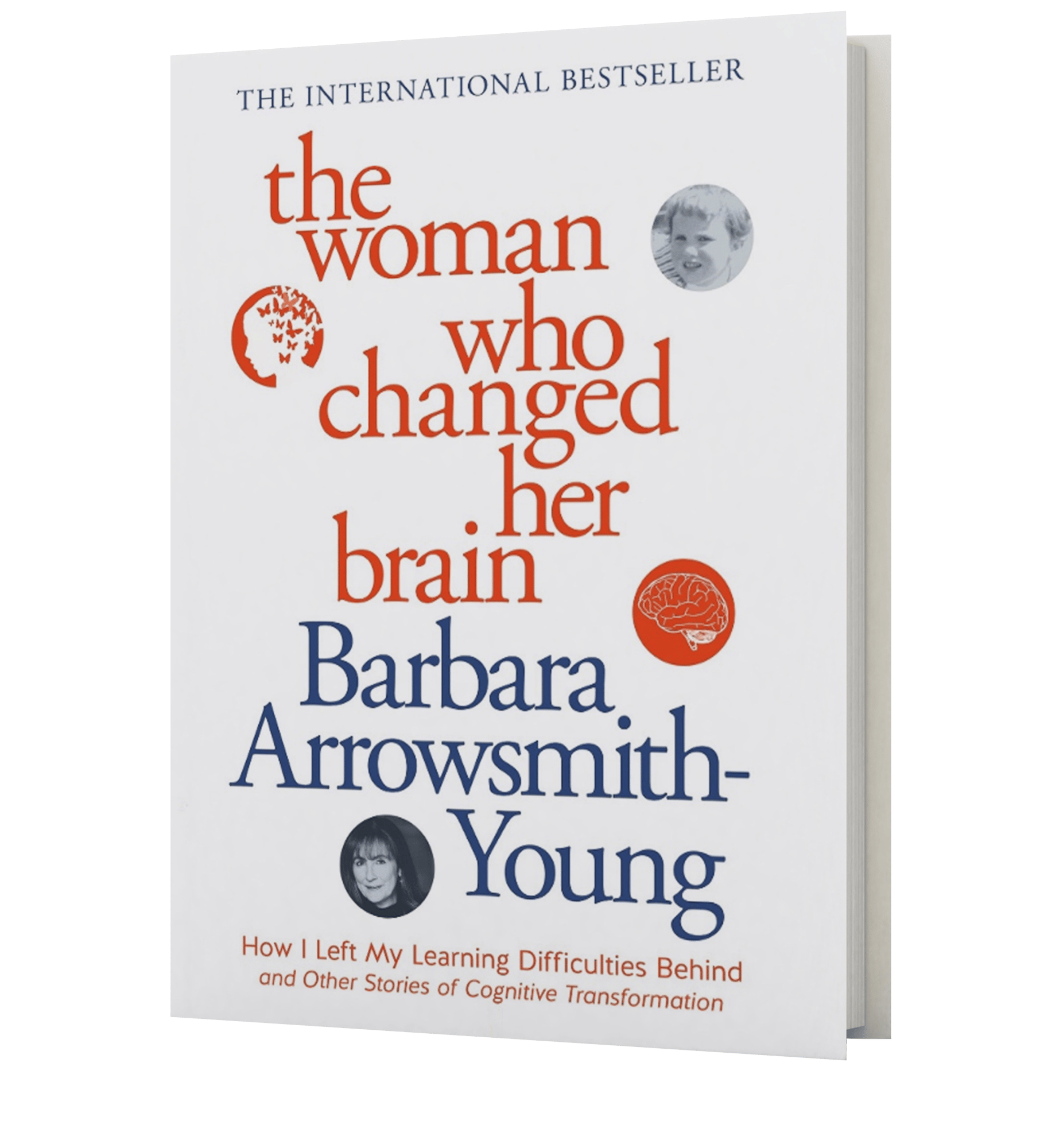Our capacity to regulate attention may be the most important detriment of our success in school and beyond. While not formally defined as a “learning disability”, there is no doubt ADHD and attentional issues profoundly impact learning.

Getting easily sidetracked
Avoiding or procrastinating tasks like homework or big projects
Being disorganized, forgetful, frequently losing things
Seeming fidgety, impulsive, appears not to be listening
Struggling to follow through with instructions, setting and achieving goals

Our attention is ruled by our prefrontal cortex. Think of the prefrontal cortex as the CEO of our left (language-based) and right (non-verbal) hemispheres, controlling our whole system of attention. They regulate our thoughts, emotions and behaviours.
Expected to be constantly active, these functions “light up” when we are first presented with a task and persistently generate ideas towards a solution. Symbolic Thinking and Non-Verbal Thinking are therefore essential at every moment of our conscious being. If they are not doing their jobs, an ADHD or ADD diagnosis is often the result.
Staying on topic in conversation or writing
Self-direction
Mental initiative
Goal setting, execution, and achievement
Independence
Social navigation and “common sense”
The degree of weakness in one or both functions may impact whether an ADD or ADHD diagnosis is made. Even at mild difficulty, the impact can be profound.
Unfortunately, these individuals are often mislabelled. Someone with a mild Symbolic or Non-Verbal Thinking deficit can be dismissed as rude, misbehaving, disrespectful, unmotivated, lazy... the accusations can hurt. For some, such labels become self-fulfilling prophecies.


What can “look” like ADD or ADHD, might simply be a host of cognitive functions underperforming. Consider a typical classroom or lecture where students are expected to:
That’s a minimum of six different cognitive functions needing to be active and effective for a successful classroom experience. Even if two are underperforming, just imagine the load on the brain.
The brain becomes exhausted from having to work so hard and attention wanders. And emotionally, imagine the feeling of fear or shame that accompanies not being able to perform. Not paying attention might be the safest option.

Take our 30-minute cognitive profile questionnaire to start the journey into understanding your brain's strengths and weaknesses through a cognitive lens.
The Arrowsmith Cognitive Assessment, administered by an Arrowsmith trained professional, will provide you with an in-depth insight into your unique cognitive profile.
Whether due to specific prefrontal cortex weakness or a cognitive load, attentional issues can significantly impact learning. They can also – importantly – be addressed.
A targeted cognitive program can transform one’s attentional issues. In fact, many individuals who have been prescribed medication to regulate their attention prior to attending Arrowsmith have been able to come off medication after strengthening their cognitive functions.
Their strengthened brain can now regulate their attention.
If you or someone you know would benefit from improved attention and focus, contact Arrowsmith to discuss possibilities.

You can find more information on this topic in Chapter 9, Hitting the Wall, and Chapter 11, Leap Before You Look, of Barbara Arrowsmith-Young’s, The Woman Who Changed Her Brain.
The Arrowsmith Program gave Jessica life. Without it, I’m convinced she would be on medication and in a behavioural class.
After a year of cognitive exercises, I began a university degree and finished top ten in my class. I didn’t need to struggle or fear I was missing the point in the curriculum or conversations. I now work in finance. Medicine is a thing of the past. What has looked like ADHD was actually due to cognitive difficulties. Once they were addressed, lack of focus is no longer an issue.